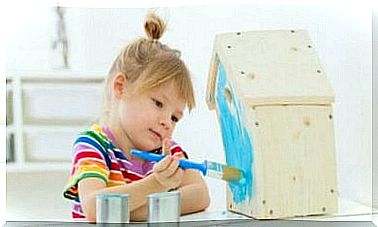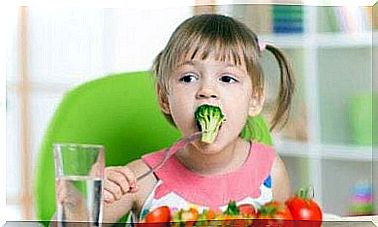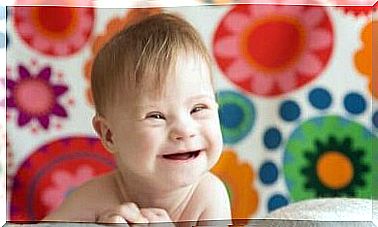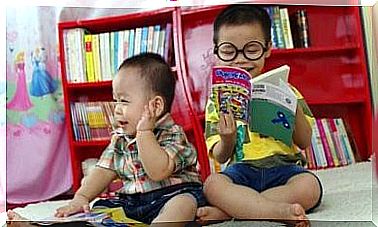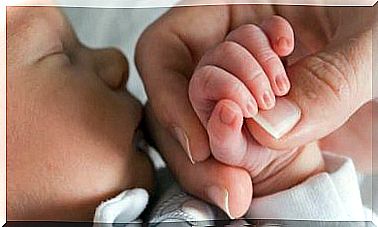Socio-emotional Skills In Children
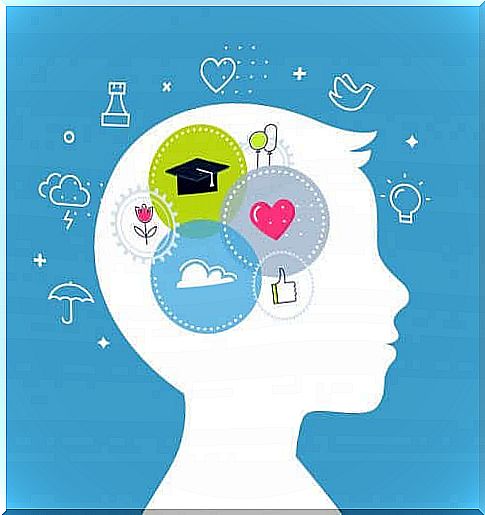
You have certainly heard of emotional education and its importance in the integral development of children. The main objective of this type of education is to enhance the acquisition of socio-emotional skills.
The latter, in fact, are essential to ensure that the little ones grow by entering into a relationship with the environment that surrounds them in the correct way.
Socio-emotional skills in children
According to authors Rafael Bisquerra Alzina and Núria Pérez Escoda, socio-emotional skills can be defined as:
Thus, in the development of this set of knowledge, skills, abilities and behaviors, the following actions are highlighted:
- Identify and regulate their feelings, emotions and behaviors.
- Recognize your personal qualities.
- Recognize and understand the feelings and points of view of others.
- Develop and strive to achieve personal goals.
- Accept and respect the differences between people.
- Use positive communication.
- Preventing, managing and resolving interpersonal conflicts constructively.
- Acting on the basis of certain ethical and civic values.
- Make decisions responsibly.
- Contribute to the well-being of people.

All of this can be classified into five categories, which we need to know in order to offer children a complete education.
Classification of socio-emotional competences
As noted above, there are a number of key aspects to be kept in mind to teach younger children these skills. Hence, the different socio-emotional competences can be grouped into five categories.
Emotional consciousness
It can be defined as the act of being aware of one’s own emotions and those of others. It is a question of understanding them and giving a name to each of them. moreover, this also means knowing how to appreciate the emotional climate of a given situation.
Emotional regulation
It is about managing, coordinating, expressing and dealing with emotions correctly, taking into account the fact that emotional states affect cognition and behavior.
Emotional autonomy
It refers to the development of a number of characteristics and elements in relation to personal self-management, such as:
- High self-esteem.
- Positive attitude towards life.
- Responsibility.
- Critical analysis of social norms.
- Emotional self-efficacy.
- Resilience.
Interpersonal intelligence
It is the ability to understand the intentions, motivations and desires of others, establishing healthy social relationships. This involves practicing positive and effective communication, showing respect, empathy, prosocial behavior, assertiveness, cooperation, etc.
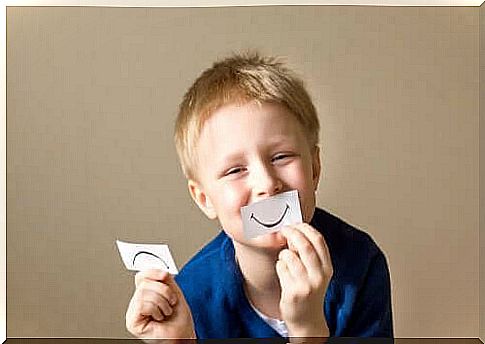
Life skills and well-being
These are skills necessary to face daily life in a satisfactory way, such as:
- Set goals and objectives.
- Make decisions and take responsibility for them.
- Seek support and help when needed.
- Recognize and respect one’s own and others’ rights and duties.
In this way, a person can organize his life in a balanced way, experiencing a profound subjective well-being.
The learning of socio-emotional skills
Although socio-emotional skills must be strengthened during childhood, we must take into account the fact that, to acquire some of them, it is necessary to have a certain degree of maturity. Ultimately, we can say that learning in emotional education is a process that begins in childhood but continues throughout life.
